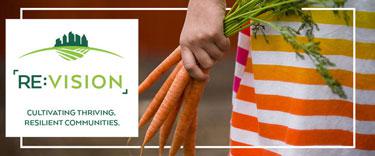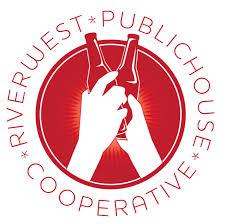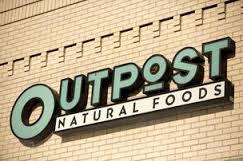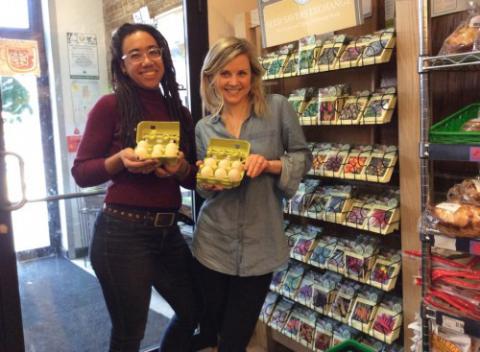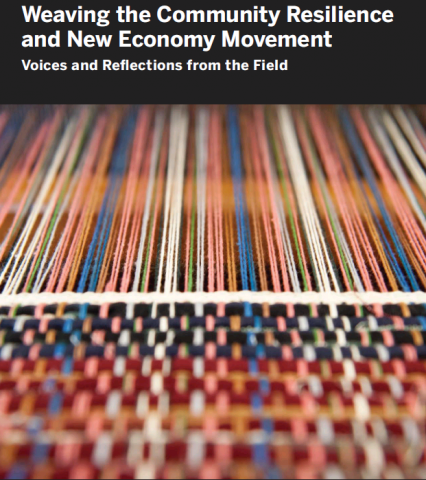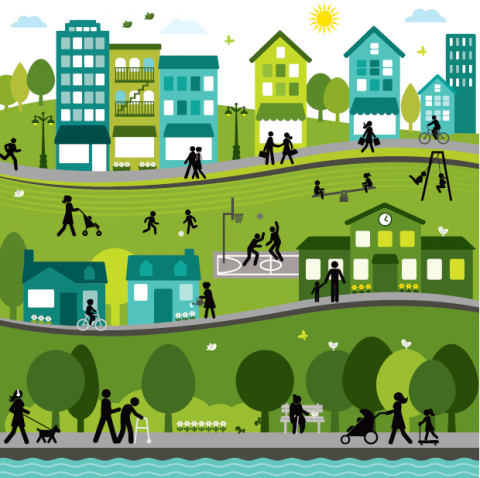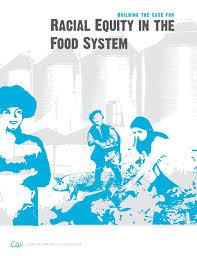Established to provide sustainable economic opportunities in urban agriculture after community members lost their jobs following the BP oil spill, VEGGI Farmer’s Cooperative is a community owned and operated farmer’s cooperative based out of New Orleans East. The cooperative’s goals are three-fold: 1) to increase local food access, beginning in New Orleans East, 2) to create quality and sustainable jobs, and 3) to promote sustainable growing practices through the use of aquaponics. Today, the cooperative includes local farmers and fisherfolk, who sell their products to residents and res Read more about VEGGI Farmer’s Cooperative...
